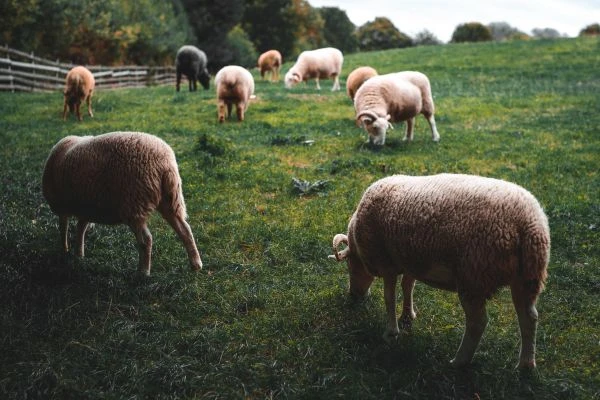The Wild Wisdom: A Profound Reflection on The Jungle Book's Timeless Lessons
Few literary works capture the essence of nature's classroom as vividly as Rudyard Kipling's The Jungle Book. This collection of stories, set against the lush backdrop of Indian jungles, transcends its children's literature label to offer profound insights into human nature, societal structures, and ecological balance. When reflecting on The Jungle Book through adult eyes, one discovers layers of meaning that resonate deeply with contemporary existential questions about belonging, identity, and our relationship with the natural world.
The Jungle Book as a Mirror of Human Civilization
Kipling's masterpiece functions as an allegorical exploration of civilization through animal archetypes. Mowgli's journey from helpless man-cub to master of two worlds parallels humanity's own evolutionary path. The Law of the Jungle, with its intricate rules and hierarchies, reflects our own social contracts and governance systems. Bagheera's disciplined mentorship represents institutional education, while Baloo's carefree wisdom embodies experiential learning. The wolves' pack dynamics offer startling parallels to human tribal structures, making The Jungle Book an unexpected sociological treatise disguised as children's adventure tales.

Ecological Consciousness Ahead of Its Time
Long before environmentalism became mainstream, Kipling wove ecological wisdom into his narratives. The water truce during drought demonstrates nature's delicate equilibrium. The elephants' role as jungle architects foreshadows modern understanding of keystone species. Shere Khan's disruption of natural order serves as a cautionary tale about unchecked power and ecological imbalance. These elements position The Jungle Book as an early literary precursor to contemporary conservation ethics.

Cross-Cultural Identity in The Jungle Book
Mowgli's dual identity as neither fully animal nor conventionally human makes him a powerful metaphor for cultural hybridity. His struggles mirror those of immigrants, third-culture kids, and anyone navigating multiple worlds. The story's tension between jungle law and human village norms anticipates modern discussions about cultural assimilation versus preservation. Kipling's colonial context adds another layer to this reading, inviting critical examination of power dynamics in cross-cultural encounters.

The Psychological Depths of Animal Characters
Beyond their surface roles, Kipling's animal characters represent psychological archetypes. Kaa the python embodies primal wisdom and the shadow self. The Bandar-log monkeys symbolize chaotic, ungrounded thinking. Raksha the mother wolf exemplifies fierce protective instincts. This psychological richness transforms The Jungle Book into a Jungian exploration of the human psyche, with each creature representing aspects we either integrate or battle within ourselves.
Modern Reinterpretations and Relevance
Contemporary adaptations have expanded The Jungle Book's philosophical dimensions. Recent film versions emphasize Mowgli's role as bridge between species, reflecting current concerns about human-wildlife conflict. The story's themes resonate powerfully in an era of climate crisis, mass migration, and cultural fragmentation. Modern readers find new meaning in Mowgli's ultimate choice to leave the jungle, interpreting it as commentary on humanity's complex relationship with nature - simultaneously part of yet alienated from the natural world.
Ultimately, The Jungle Book endures because it speaks to fundamental human experiences - finding one's place in the world, balancing instinct with reason, and navigating the delicate web of relationships that sustain life. Its jungle becomes a metaphor for any challenging environment where survival depends on understanding both rules and exceptions. The story's true magic lies in how it makes readers of all ages feel the jungle's heartbeat as their own, reminding us that beneath civilization's veneer, we all carry traces of wild wisdom.










